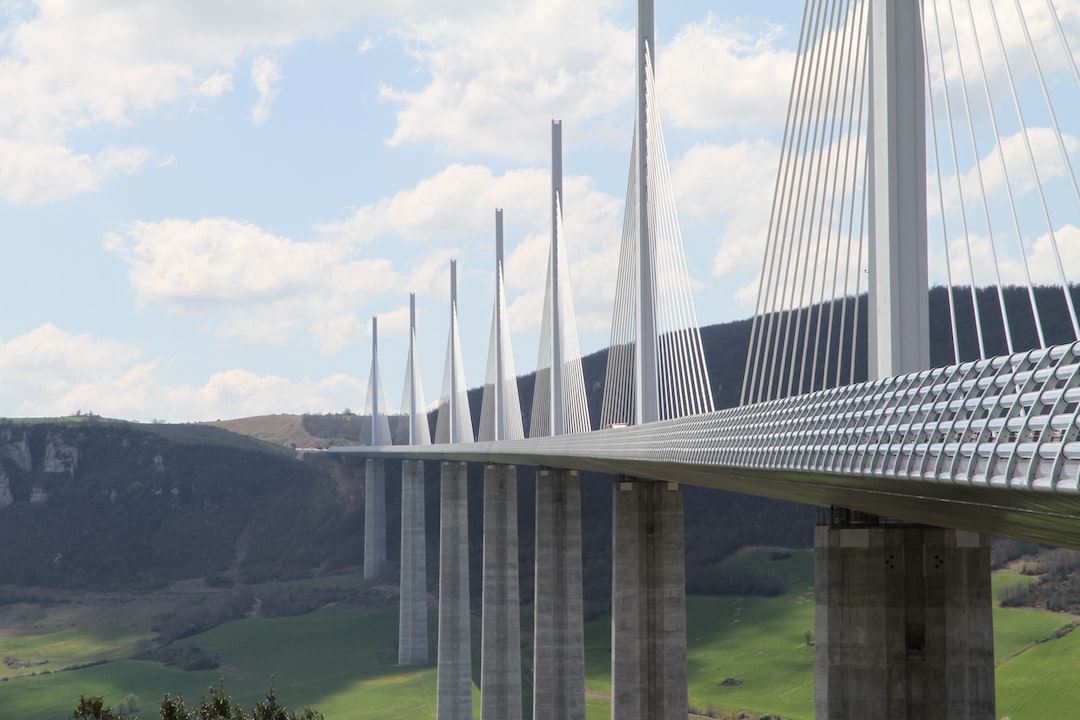Exploring the World of Geotechnical Engineering
When we think of engineering, we often picture large structures like bridges, skyscrapers, or highways. But what lies beneath these impressive feats of human ingenuity is equally important – the ground on which they are built. This is where the field of geotechnical engineering comes into play.
Geotechnical engineering is a branch of civil engineering that deals with the analysis, design, and construction of structures on or in the ground. It focuses on understanding the behavior of soil, rocks, and other materials, and how these materials interact with man-made structures.
The role of a geotechnical engineer is crucial in ensuring the stability and safety of structures. They assess the geological conditions of a site, analyze soil and rock properties, and provide recommendations for foundation design and construction techniques. In essence, they are the geologists and engineers who work together to make sure a building or infrastructure project stands tall.
One of the key aspects of geotechnical engineering is site investigation. Geotechnical engineers use various techniques to determine the soil and rock properties at a construction site. This includes drilling boreholes, collecting soil and rock samples, and conducting laboratory tests. By understanding the ground conditions, engineers can make informed decisions about the type of foundation required and the suitable construction methods.
Geotechnical engineering is not solely limited to building foundations. It is also crucial in the design and construction of tunnels, dams, retaining walls, and embankments. For example, when designing a tunnel, engineers must consider the stability of the surrounding soil or rock, as well as the potential for groundwater seepage. By analyzing these factors, engineers can design an appropriate support system to ensure the safety of the tunnel.
Another interesting application of geotechnical engineering is in the field of earthquake engineering. Earthquakes can wreak havoc on structures, causing them to collapse or undergo significant damage. Geotechnical engineers study the effects of earthquakes on the ground and design structures that can withstand seismic activity. This involves analyzing soil liquefaction, ground acceleration, and designing effective foundation systems.
As our world continues to grow and develop, the role of geotechnical engineering becomes even more crucial. With urbanization spreading rapidly and infrastructure needs on the rise, geotechnical engineers play a significant role in ensuring safe and sustainable development. They work hand in hand with architects, construction managers, and other professionals to create structures that can withstand the test of time.
So, the next time you pass by a tall building, cross a sturdy bridge, or drive on a smooth highway, take a moment to appreciate the hard work and expertise of the geotechnical engineers who have laid the foundation for our modern world. Their efforts may be hidden deep underground, but their impact is felt by all, helping to shape the world we live in.
